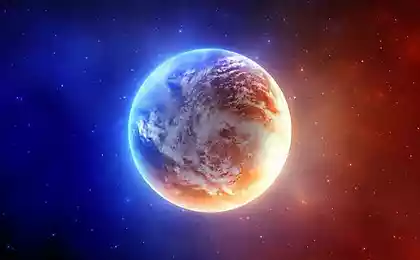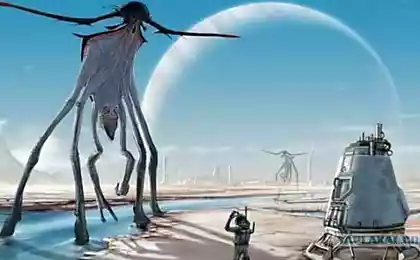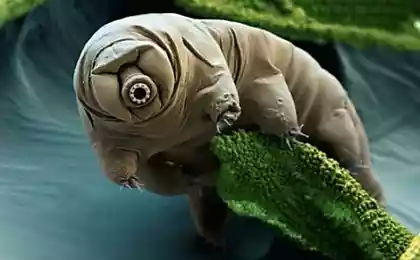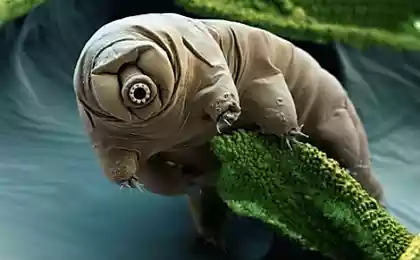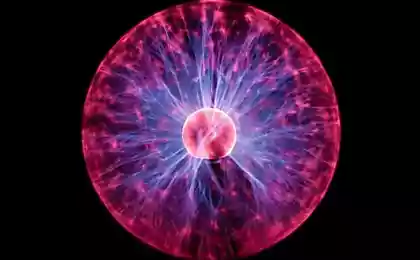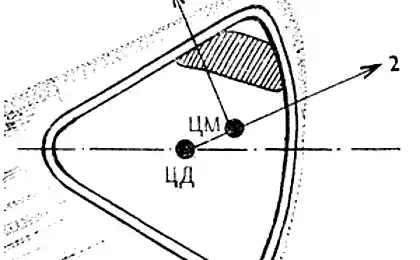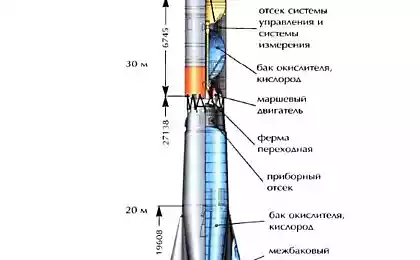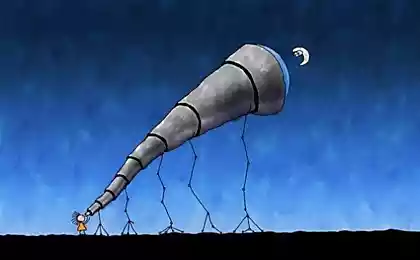870
7 compelling evidence that other planets might harbor life

We have no direct evidence that somewhere on other planets or moons in interstellar space can be a life. However, there are some very serious indication that we eventually find life somewhere else besides Earth, perhaps even in the Solar System.
1. Extremophiles on Zemle
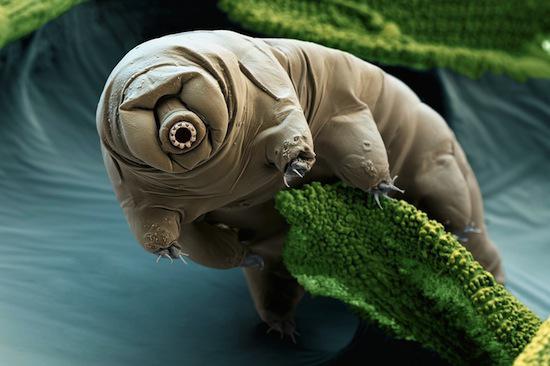
Extremophiles - are living organisms that can survive in a totally intolerable in human terms conditions: extreme heat, cold or toxic chemicals, and even in a vacuum. We found creatures living in volcanic vents in the salty waters of the Andes, covered with ice in the Arctic. Tiny creatures called tardigrades are able to survive in the vacuum of space. In other words, we know that life can exist in such conditions, we sometimes found on other planets and moons. We just have not found it yet.
2. The presence of chemical precursors of life on other planetah
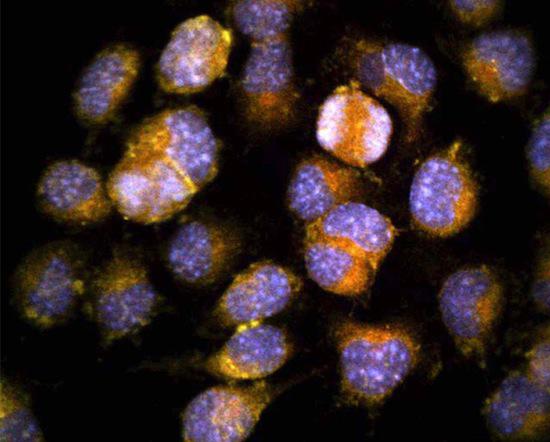
Precursor - a substance involved in the reaction leading to the formation of desired product. Apparently, the origin of life on Earth was the result of a series of chemical reactions that form complex organic compounds - nucleic acids, proteins, carbohydrates, lipids - in the atmosphere and ocean. There is evidence that these "precursors of life" found on other planets. For example, in the atmosphere of Titan and the Orion Nebula have found precursors. Although we do not find life, we found it "ingredients».
3. The rapid growth in the number of terrestrial planets tipa
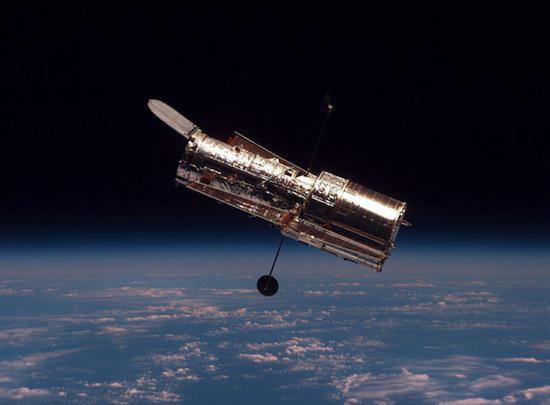
The rate of detection of planets similar to our own, everything accelerated over the past 10 years, scientists have found hundreds of extrasolar planets, many of them - gas giants like Jupiter. But new technologies make it possible to search for planetary detection of small rocky worlds like Earth. Some of them even revolve around its own unique sun. Considering how many such planets we find, it is likely that there will be in the next one or another form of life.
4. Diversity and persistence living on Earth vidov

The Earth is not just passed through the various times of crisis: megavulkanov eruptions, meteorite attack, glacial periods, droughts, drastic changes in the atmosphere, and so on. N. However, her life continues to this day. It can be said that life - quite tenacious. Given this persistence and an incredible variety of living organisms on Earth, we can, once again, to conclude - somewhere in the universe there must be something like that. Why not in one of the moons of Saturn, for example? ..
5. mystery surrounding the origin of life on Zemle
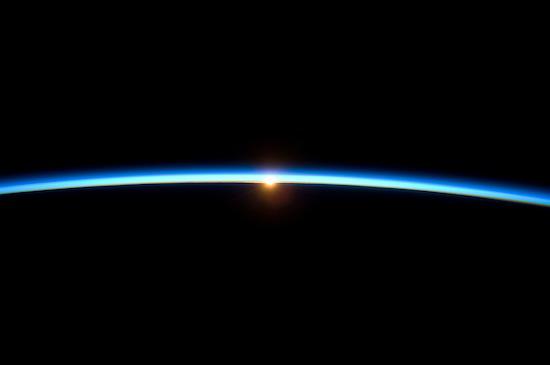
We have different theories about how our planet life originated, but we did not know anything for sure. It is still unclear what gave impetus to the chemical compounds that they collectively form a living cell. Especially considering that quite a hostile environment on Earth millions of years ago, where it happened: in the atmosphere was full of methane, and the planet's surface was covered with boiling lava. One common theory is that life began not in the world, and the world with more suitable conditions for that, for example, on Mars, and then was brought to Earth on meteorites. This theory is called the theory of panspermia. If it is true, then why not extend the life somewhere else besides Earth?
6. A growing body of evidence that the sea, rivers and lakes are found on other planets of the Solar sistemy
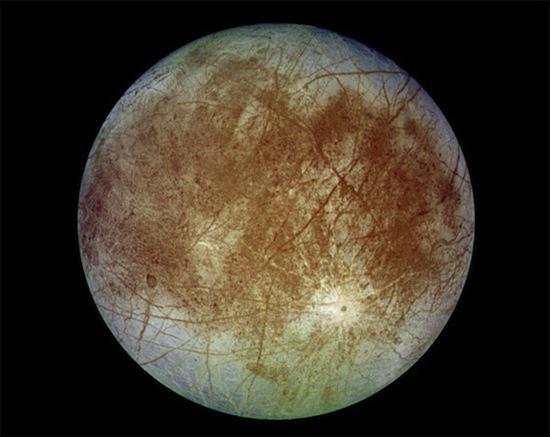
Life on earth originated in the ocean, do not be it - there would be all of us. But can this happen on other planets? Perhaps because we have enough compelling evidence, including photographs, of what our neighbors in the solar system also have water bodies. Once the water freely flowed across Mars, Titan has a dry river beds, and Europe (Jupiter's moon) discovered a huge ocean, completely covered with a thick layer of ice. In any of these planets could exist before life. It can exist there now, we just do it do not know.
7. Theory evolyutsii
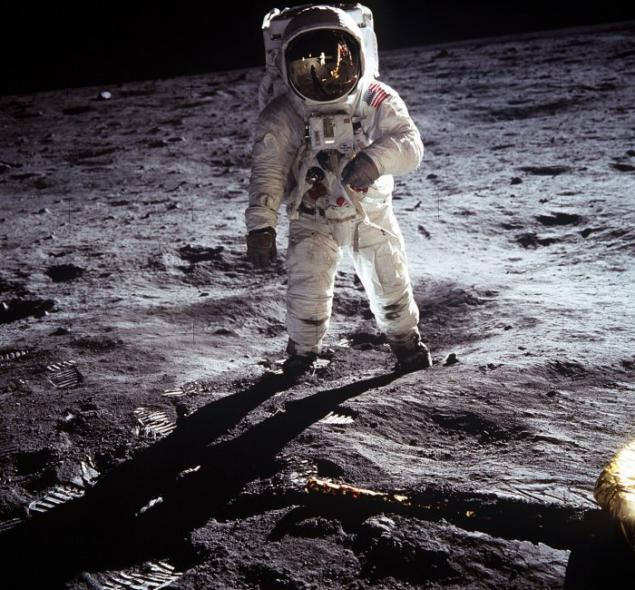
People often use the Fermi Paradox to explain why we never find intelligent life in the universe. On the other hand - there is the theory of evolution, which suggests that life adapts to the demands of the environment. Although Darwin and his colleagues are hardly thought about life on exoplanets, developing this theory, its unorthodox interpretation suggests that life can adapt to any conditions, such as open space. It is possible that one day we still find life in the universe, well, if not - you evolve to the opportunity to live on other planets.
via factroom.ru
Until the early 20th-century Japanese aristocrats painted teeth in black color
5 important scientific facts about the benefits of nocturnal sleep

